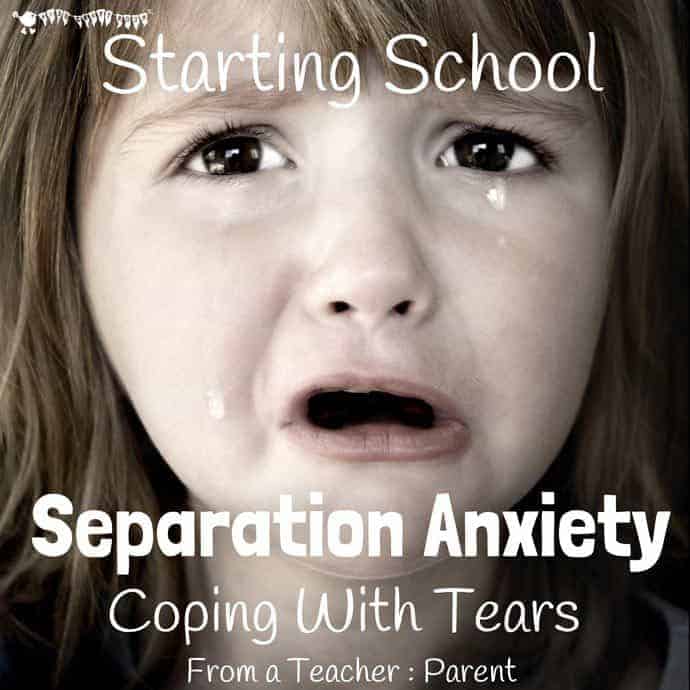
Separation anxiety for parents is a common condition. It can make the parent feel closer to their children, make them cling to them, or even cause them to be overwhelmed and guilty. Luckily, it can be treated and eventually goes away. The key to successfully coping with separation anxiety is to allow time to adjust. Once you've found ways to deal with your child's fear, you'll be on your way to a happier, more relaxed life.
The first thing to do is get help. Ask friends and family members to help you deal with the situation. A professional may be able to provide support and advice. It is also possible to make separations more frequent and longer over time. To start with, keep the time between your child and you short, and slowly increase it. As soon as you leave the house, tell your child that you'll be back. Don't forget to say goodbye. The longer you're gone, the worse it will be.
The first step is to figure out the root cause of your child's separation anxiety. Sometimes, the root cause is something that happened in your child's early life. If you know what caused the situation, it's best to address it as soon as possible. Many parents don't want to talk about it because it's embarrassing for them to confront their children about their feelings. However, if the behavior is based on recent events, the child may show signs of regression.
Another approach is to distract your child while they're waiting for you to come home. If your child is screaming for you, try distracting them with something fun. If you can't get them to respond, try again. You may need to repeat the process until you can get a response. You should try to calm your child before he or she starts blaming you. In some cases, the anxiety may be caused by a traumatic event that occurred during the separation.
During separation anxiety, the child's crying is a common reaction. This may be because the parent is anxious and doesn't trust their child. If you're worried about your child, try to talk to him or her about the situation and how he or she feels. Your baby will most likely be more comfortable with your presence. If your child is worried about the change, you can talk about it with him or her and reassure him or her by telling him that you're there for him.
Often, parents will feel more stressed when their child is separated from them. When this happens, they may be unable to cope with the situation until the parent returns. This means that it can be difficult for them to cope with their anxiety. It can be especially hard for mothers to leave their children after meals. As such, many mothers are worried about their child's adjustment when their child is away from home for an extended period of time.
Did you miss our previous article...
https://manstuffnews.com/advice-from-dad/things-new-dads-need-to-know
 Backyard GrillingWeekend WarriorsAdvice from DadBeard GroomingTV Shows for Guys4x4 Off-Road CarsMens FashionSports NewsAncient Archeology World NewsPrivacy PolicyTerms And Conditions
Backyard GrillingWeekend WarriorsAdvice from DadBeard GroomingTV Shows for Guys4x4 Off-Road CarsMens FashionSports NewsAncient Archeology World NewsPrivacy PolicyTerms And Conditions
